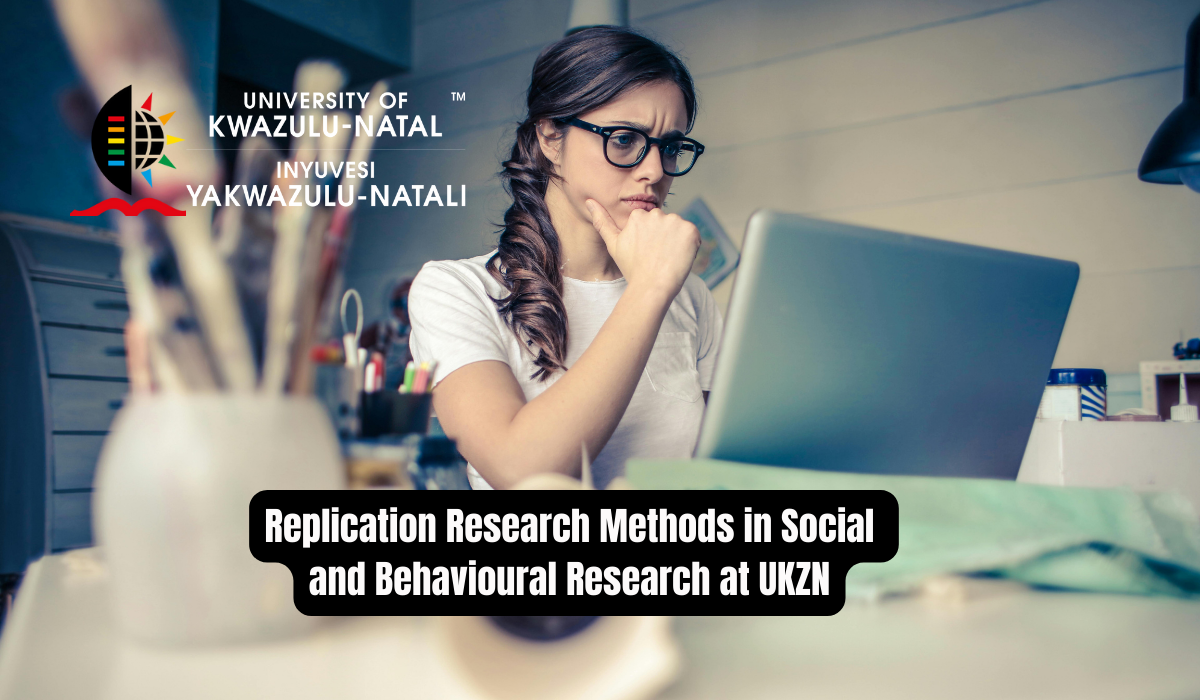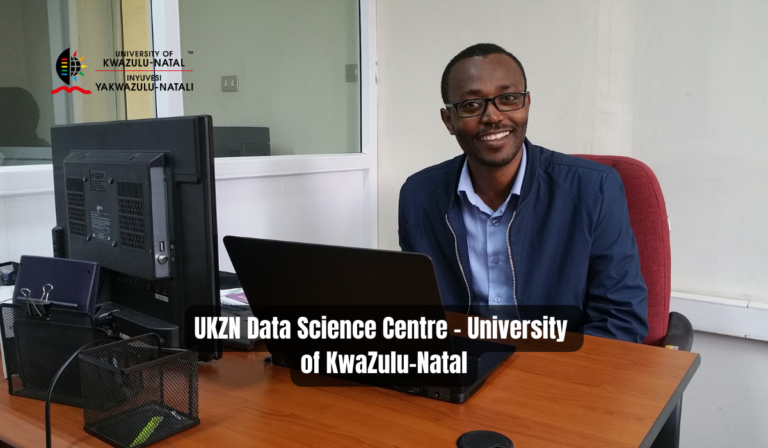Replication Research Methods in Social and Behavioural Research at UKZN

Replication Research Methods in Social and Behavioural Research at UKZN. Professor Johannes John-Langba, an esteemed member of the School of Applied Human Sciences at the University of KwaZulu-Natal (UKZN), delivered his inaugural lecture titled “Replicate or Don’t Replicate? Making a Case for Scaling the Utilization of Replication Research Methods in Social and Behavioural Research in Africa.
” This lecture addressed the critical need for replication research methods in the African context, particularly in social and behavioural sciences.
Read Also: UKZN Status Check Online
UKZN Professor John-Langba
With a wealth of experience gained from lecturing at various international universities, Professor John-Langba’s research focuses on diverse areas such as the social dimensions of health and disease, sexual and gender-based violence, social media’s impact on psychosocial wellbeing, migration and health,
mental health, substance use, and family wellbeing. His decision to join UKZN in 2017 reflects his commitment to advancing research in Africa.
UKZN Importance of Replication Research
Replication research involves re-conducting original studies to validate their findings. Professor John-Langba highlights the significance of replication research in providing evidence-based policy and practice, essential for achieving Sustainable Development Goals (SDGs) in Africa.
He emphasizes the need for African countries to engage more in replication research to address critical social and behavioural issues effectively.
UKZN Challenges and Opportunities
While advocating for replication research, Professor John-Langba acknowledges the challenges, including the need to adapt methodologies to fit African contexts and overcome funding dependencies on external sources. He stresses the importance of recognizing the potential of replication studies to inform Africa’s development agenda and enhance SDG attainment.
Conclusion
Professor John-Langba’s lecture underscores the urgent need for increased utilization of replication research methods in social and behavioural sciences across Africa. He calls for a paradigm shift in perceiving single studies as sufficient for informing policy and practice. Moreover, he emphasizes the collaborative efforts required from various stakeholders, including governments, funders, researchers, and academic institutions, to promote replication research effectively.






